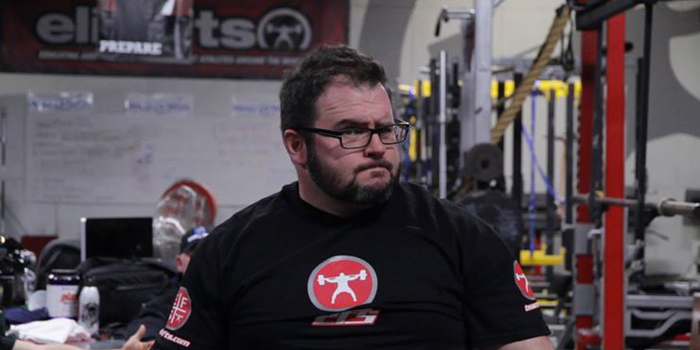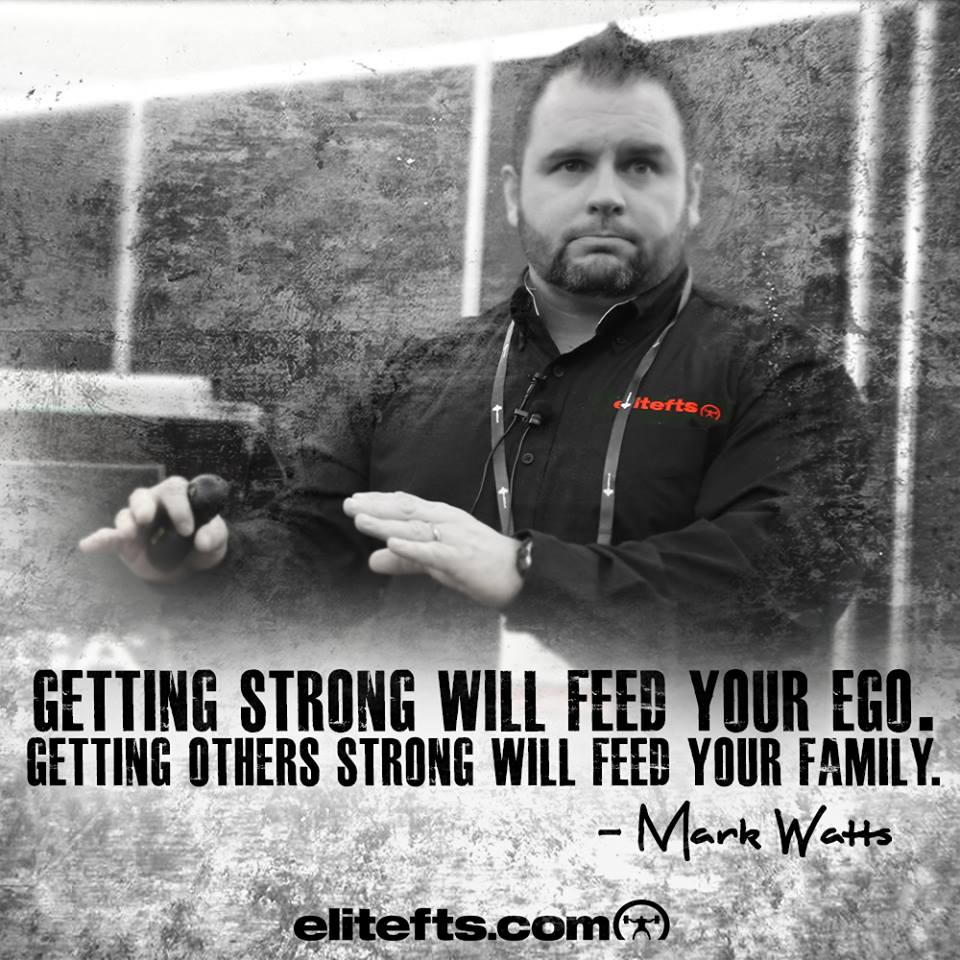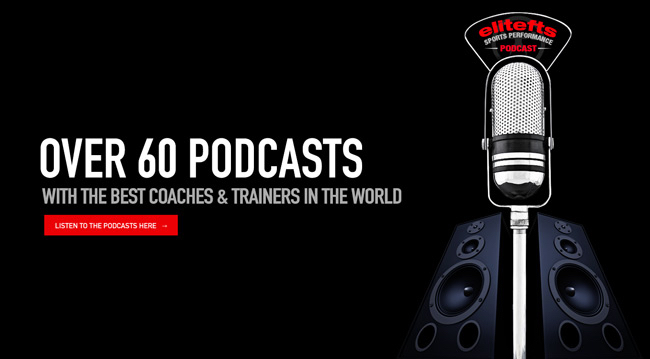
Most of what I write about is either from my experiences coaching, what I have learned from others, or both. I have tried to pass on what I have learned from people like Brian Cain, Patrick Lencioni, John Maxwell, Vern Gambetta, among others. When it comes to coaching, internships, etc. most of what I have written is just what I have learned from experience....and my mistakes.
The longer I have coached, the more I realize how much I still don't know. But, all in all, those mistakes that I have made in the past (and I made a lot of them) gave me the opportunity to learn. So here is some advice from my dome.
One observation I have made is that in the fitness industry, specifically this world of "on-line trainers" and social media celebrities, I have noticed that nowhere else is there so large egos and so little self esteem. It's troubling to find so many grown adults that invest their worth in likes and shares. I always ask myself whenever I see this bold, omniscient statuses:
- Would this person have a more tact and respect if they were talking directly to their audience in-person?
- Would this person have the same message if there weren't an audience? In other words, would we have the same demeanor if we had the same conversation over a beer instead of Twitter?
Here are a few of these "Ego Traps" to stay clear of when treading the water that is social media.
4 EGO TRAPS TO AVOID
Your article gets hits
I am learning more and more about this subject. Just because an article gets clicked on doesn't mean it is of high quality. Something in the title or header got you to click on it, but the content itself may not be as high of quality as you think. It is also hard to determine the quality of an article based on shares. I learned from Dave, articles that get shared are either really good or really bad. Pretty good articles usually don't get shared. Keep in mind, someone may be sharing your article to their friends or in their group to criticize the article.
Like I have said before, we can all transition from skeptical to critical to cynical without much provocation. It's in our nature to judge harshly and expect the worst out of people. That is a defense mechanism.
How can you avoid this? When writing articles follow these tips:
- Credit everyone you can in the article. It's not name dropping, it's being humble.
- Minimize opinionated or close-minded articles. Make sure you are positive and that your audience cares about how you feel. They should be invested in reading as much as you were invested in writing. Anyone can rant, not everyone can educate.
- Try to avoid making up your own theories or methods. There is nothing new, just regurgitated ideas wrapped nicely to sell something.
Here is an article I wrote a while back that explores the 3 basic components of any article.
Why Some Articles Suck and How to Fix Them
You are stronger than most
Remember, being strong and getting others strong are two different skill sets. One feeds your ego and one feeds your family. There is this notion than unless you can squat 600 raw or clean 300, you have no business in coaching others. Nothing can be further than the truth. I will agree that a credible coach should have time under the bar. But some of the most talented players and lifters make the worst coaches. When a skill is easy for someone, it is most more often difficult for them to teach an activity to others that comes so naturally. I remember seeing Micheal Johnson present at the CSCCa conference and he admitting the same thing. He explained how had he had to work to express those important coaching cues.
On the other hand, athletes who have had to work harder than everyone else and are less talented sometimes make the best coaches. They need to chunk those specific skills down. Most great athletes and even lifters don't necessarily know how they executed their last accomplishment. They have achieved the unconscious competence which is great for athletic performance, but maybe not of coaching others.
How to avoid this? Put to bed the "just get strong" advice you are giving everyone and take the time to learn how to teach. Think of skills you are not proficient at and think about how you learn a new skill.
When coaching my interns, I used ask them to try playing catch with a lacrosse stick, pitch a softball, or another complex skill. It was interesting just to make a comparison to a skill that was natural to the athletes. Flip that thinking when you are teaching the Olympic lifts. A slice of humble pie can instill some empathy into the way coaches teach athletes.
For more assignments to help develop interns, check out this article:
5 Innovative Assignments for Interns
You have an athlete make it big time
Be careful about taking credit for someone else's god given talent. Yes, I am sure you helped him/ her improve. But, if you have an athlete that comes to you to prepare for the NFL combine, unless he's a total whack job, he probably has enough talent in the first place. You are simply teaching the test (combine). You have a freak athlete working with you, are you sure he/she wasn't when a freak athlete when they first came to you? Be humble. and remember, you can promote them without taking credit. This indirectly promotes you without you having to self-promote. There is enough of that in this business anyway. Don't steal the spotlight from the athletes you are trying to spotlight. I go into much more detail in this article:
Why You May be Making Your Assistants Worse
The team you worked with is successful
Well, unless the team you coach just won the conference championship in strength training; be cautious about taking credit for their success. Just always remember that the number one factor that determines who well an athlete plays their sport in the ability that athlete has to play the sport.
I am not saying what you do as a strength coach isn't important. The physical preparation your athletes engage in can make a huge difference in their performance. It enables them to improve upon the technical and tactical side.
Your job as a strength coach is to improve the athletic performance potential and reduce the chance of injury. You did not teach them how to make a free throw, block the 3 technique, or hit a curve ball. Don't minimize your athletes' hard work or the amount of time your coaches put into practices and developing a culture of their teams by taking sole credit for success.
TRAINING
Friday: TBA










